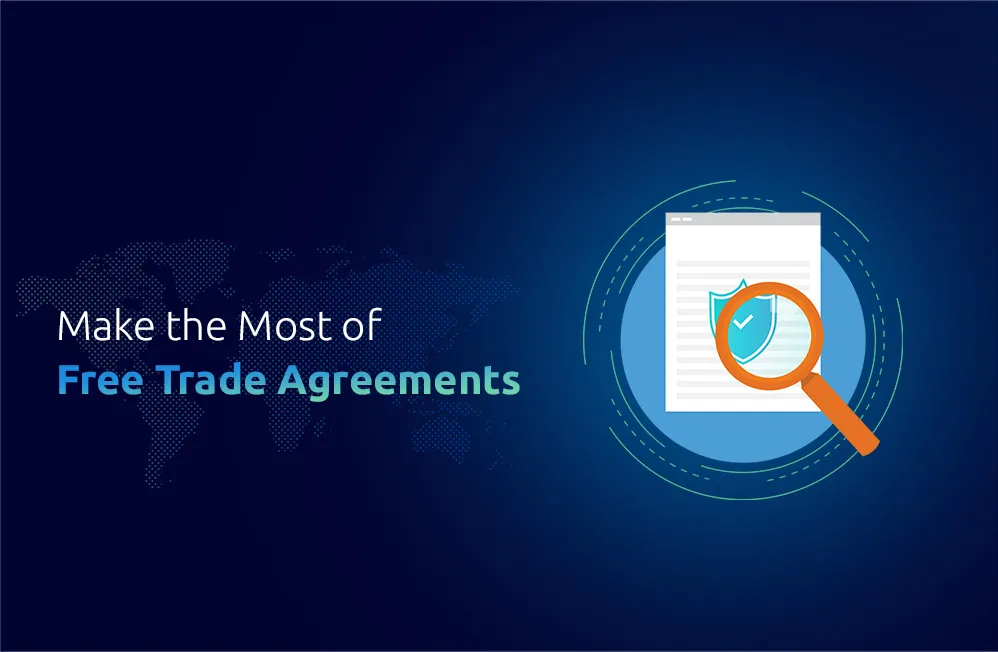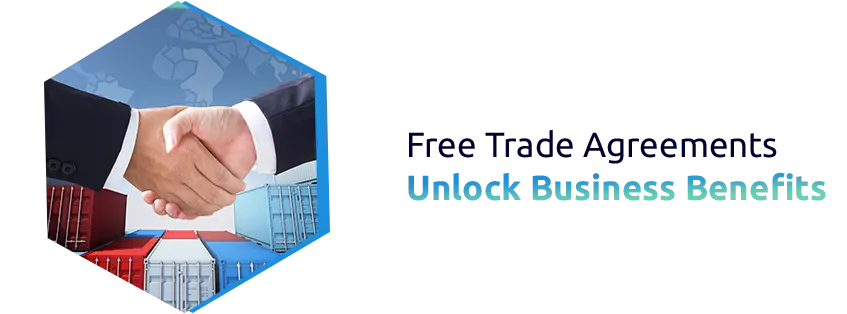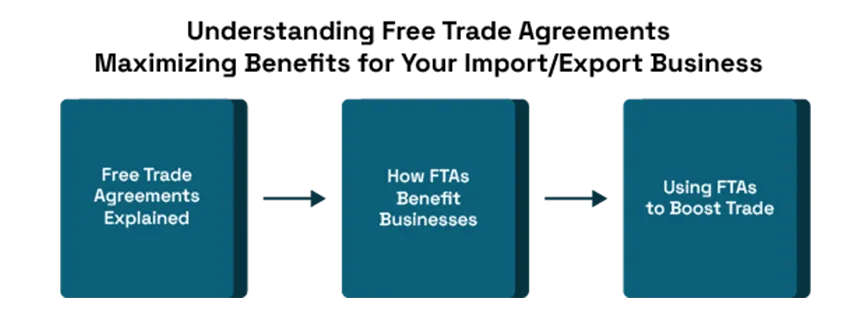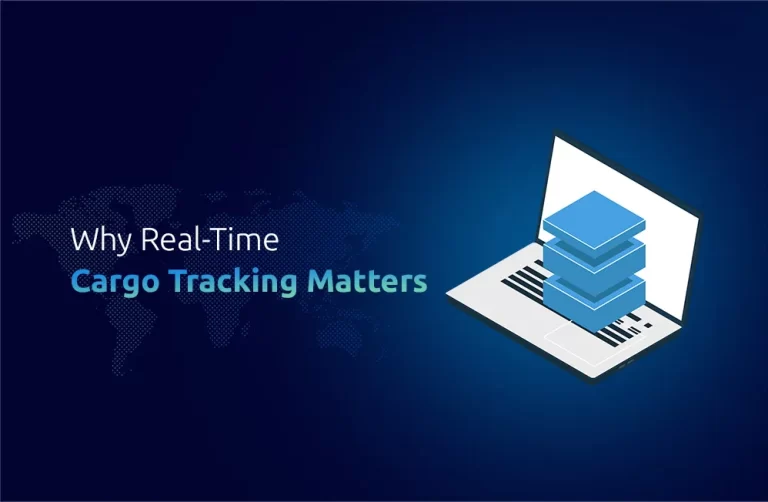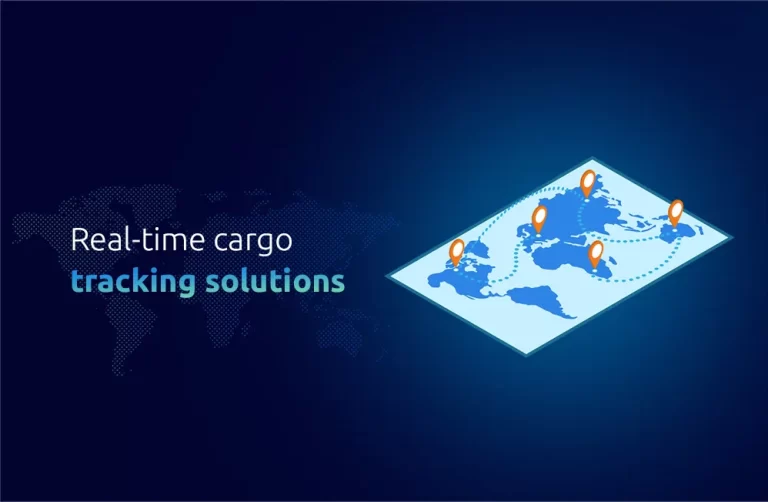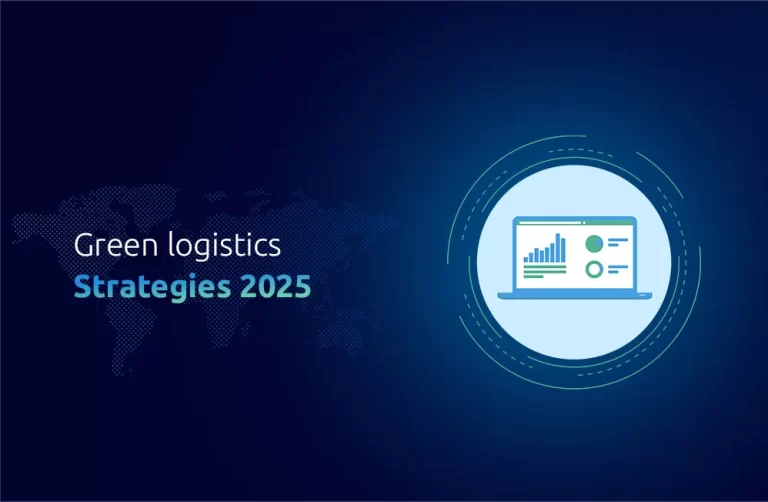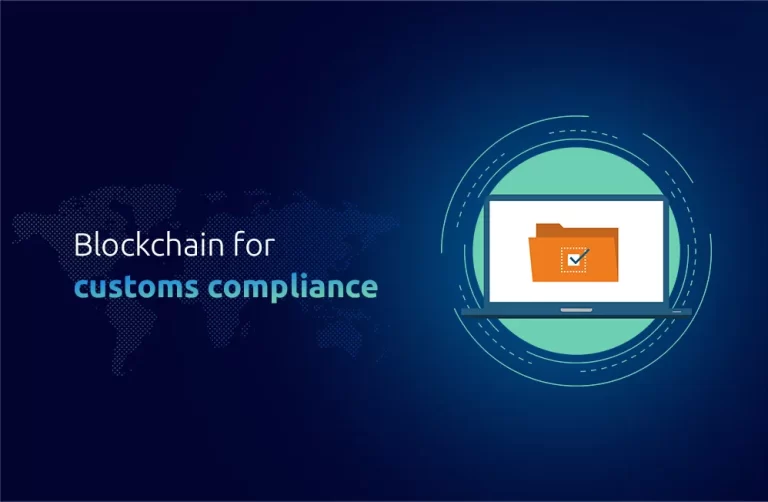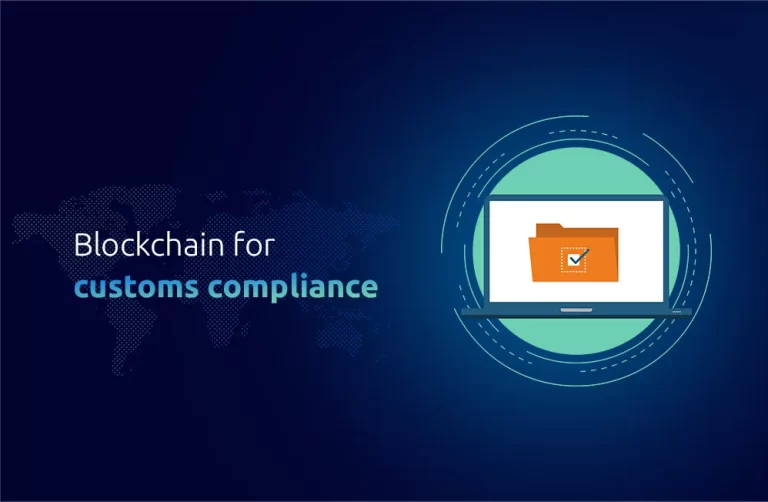Insight
FTAs have become important for the world’s economy, helping companies to sell overseas while avoiding tariffs, taxes, & strict laws. Any business wanting to succeed internationally must learn about FTAs and learn to make the most of them. The blog will focus on free trade agreements & describe how businesses interested in aviation, automobile, IT/data center, & medical equipment can get involved.
Free Trade Agreements
A free trade agreement allows several countries to lower or eliminate trade barriers, such as import taxes. These agreements aim to help make global trade fair & open to various competitors. Some FTAs also cover non-tariff factors such as quotas, the need for certain licenses, & rules or standards in different areas.
FTAs make it easier for companies to trade & compete in other countries with fewer barriers. For this reason, businesses profit from lower costs, wider opportunities to sell their goods & a stronger position in competition.
Key Benefits of Free Trade Agreements
FTAs present several advantages to businesses, such as:
Lower Tariffs and Taxes: Reducing or eliminating tariffs is one of the biggest advantages of FTAs, as it lowers the cost of exportation and importation of goods. Reduced tariffs in sectors such as aviation and automobile equipment, where the cost of goods is generally high, could mean significant savings and more competitive prices.
Increased Market Access: FTAs provide greater market access by liberalising foreign markets that may have been hard or too expensive. Through reducing trade barriers, FTAs open doors for businesses to access new markets & grow their global presence.
Regulatory Compliance: FTAs frequently contain rules that harmonize national regulations and certifications. This provides more convenient access for enterprises to conform their products to international standards, particularly in industries such as IT equipment and medical devices, where safe and high-quality products are essential.
Intellectual Property Protection: FTAs contain elements that improve intellectual property protection. It is specifically useful for IT businesses, whose intellectual property can be highly valuable. FTAs help ensure that certain businesses’ patents, trademarks, and copyrights are respected and protected across borders.
How FTAs Benefit Different Sectors
Aviation Equipment
The aviation industry is recognized for having many rules and being very expensive. FTAs can assist aviation equipment companies by making the purchase of raw materials and components more affordable. Through FTAs, companies find exporting aviation products to different countries simpler, more accessible, and more cost-effective.
Automobile Equipment
FTAs assist the auto industry in both lowering manufacturing costs and getting into new markets. Once tariffs are removed, companies can import parts for cars at a lower price and give those savings to customers. Through FTAs, automobile companies can sell their products to new markets and become more competitive.
IT/Data Center Equipment
FTA agreements help companies grow and provide the global market with the IT and data center equipment it requires in the fast-changing technology field. FTAs allow companies to get supplies such as servers and networking equipment worldwide. In addition, many FTAs ensure that technology companies’ intellectual property is safe, making it simpler to create new inventions and expand their activities overseas.
Medical Equipment
The medical equipment sector will see gains because FTAs make importing medical devices and equipment into different countries much less expensive. When FTAs lower tariffs and rules, it becomes easier for this sector to provide medical solutions to larger markets. FTAs make it simpler for companies to get certified and ensure their safety measures in countries they have not operated in before.
Conclusion
Firms that benefit from free trade agreements gain an increased market and lower operating costs. Companies can export to other countries without tariffs or trade restrictions with less effort and expense. Yet, to enjoy all these benefits, companies must know all the details about each deal and ensure they follow all the related rules.
At One Union Solutions, we guide businesses through the challenges of free trade agreements to help them use trade opportunities globally without breaking any rules.
Did You Know,
The World Trade Organization reports that around 50% of worldwide trade happens under free trade agreements.
FAQs
In what way do small businesses benefit from free trade agreements?
By reducing tariffs and other trade barriers, FTAs help small businesses enter the global market without high costs, and it’s easier to penetrate global markets.
Do free trade agreements cover all goods?
No, FTAs have products or industries listed as exceptions. Businesses must determine if their products are eligible for the agreement’s benefits.
What are the origins of the rules of origin in FTAs?
Rules of origin specify where a product must be produced/ manufactured to receive tariff preferences under an FTA. Knowing these regulations is key for companies to take advantage of reduced tariffs on imported goods.
How often are free trade agreements rejiggered?
FTAs are re-examined and updated occasionally to cater to economic situations. Businesses should remain alert to changes to continue to benefit under the agreement.
Do FTAs matter to the domestic regulatory cost burden?
Yes, free trade agreements often simplify the regulatory process and establish uniform product certification requirements, so businesses have an easier time complying with international standards.

